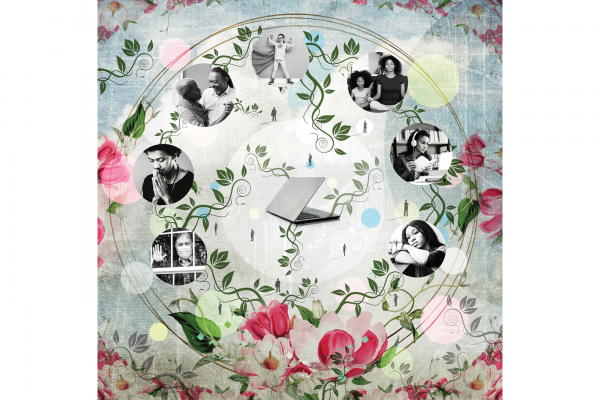IMMERSED IN THE enforced sabbath of shelter-in-place, it can be difficult to focus on anything other than the coronavirus and its consequences and to seek a return to “normal.” But it’s becoming clear that the pandemic is one of those rare, epoch-defining moments. When we finally come out the other side, the ways we interact with each other will likely be changed. Perhaps, more deeply aware of the brevity and fragility of life, we will take less for granted in our relationships, reassessing what is important and how we use our limited time on this earth.
Read the Full Article

Already a subscriber? Login
